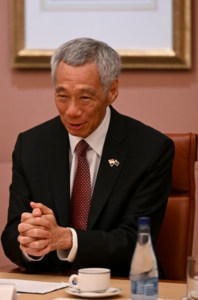Examining the impact of a safeguarded environment on leadership and institutions in Singapore
Are Singapore’s government and its institutions stagnating due to an overly protective environment? The question comes to light following recent examples, like the PAP government’s response to the COVID-19 pandemic, which was deemed reactionary. The article explores the notion that a lack of external challenges has led to complacency, and leaders who inherit a reputation of competence may struggle to innovate. Similarly, media outlets like The Straits Times face accusations of favoritism and lack of critical reporting, further reflecting the system’s insulation.
The root of the issue lies in the “ownself check ownself” philosophy, which shields government officials and institutions from meaningful challenges, risking stagnation in leadership and decision-making. Instead of fostering resilience through tackling difficult situations, a mindset of protection and self-sufficiency may leave leaders and institutions less capable of addressing the evolving needs of Singapore’s society.
The article raises concerns about how insulated systems may hinder progress, urging a need for transparency and adaptation. It points out that learning from failures and welcoming critical dialogue may be the key to ensuring that leadership and institutions remain dynamic and responsive, rather than entrenched in past successes.
The consequences of this insularity are also discussed in relation to The Straits Times, which has been criticized for its one-sided coverage. This could be symptomatic of a broader issue where state-affiliated organizations are shielded from external scrutiny, leading to journalistic complacency and institutional entitlement.
The piece concludes by questioning whether the government and its institutions are missing valuable opportunities to grow, innovate, and better serve the public by refusing to face challenges head-on.








